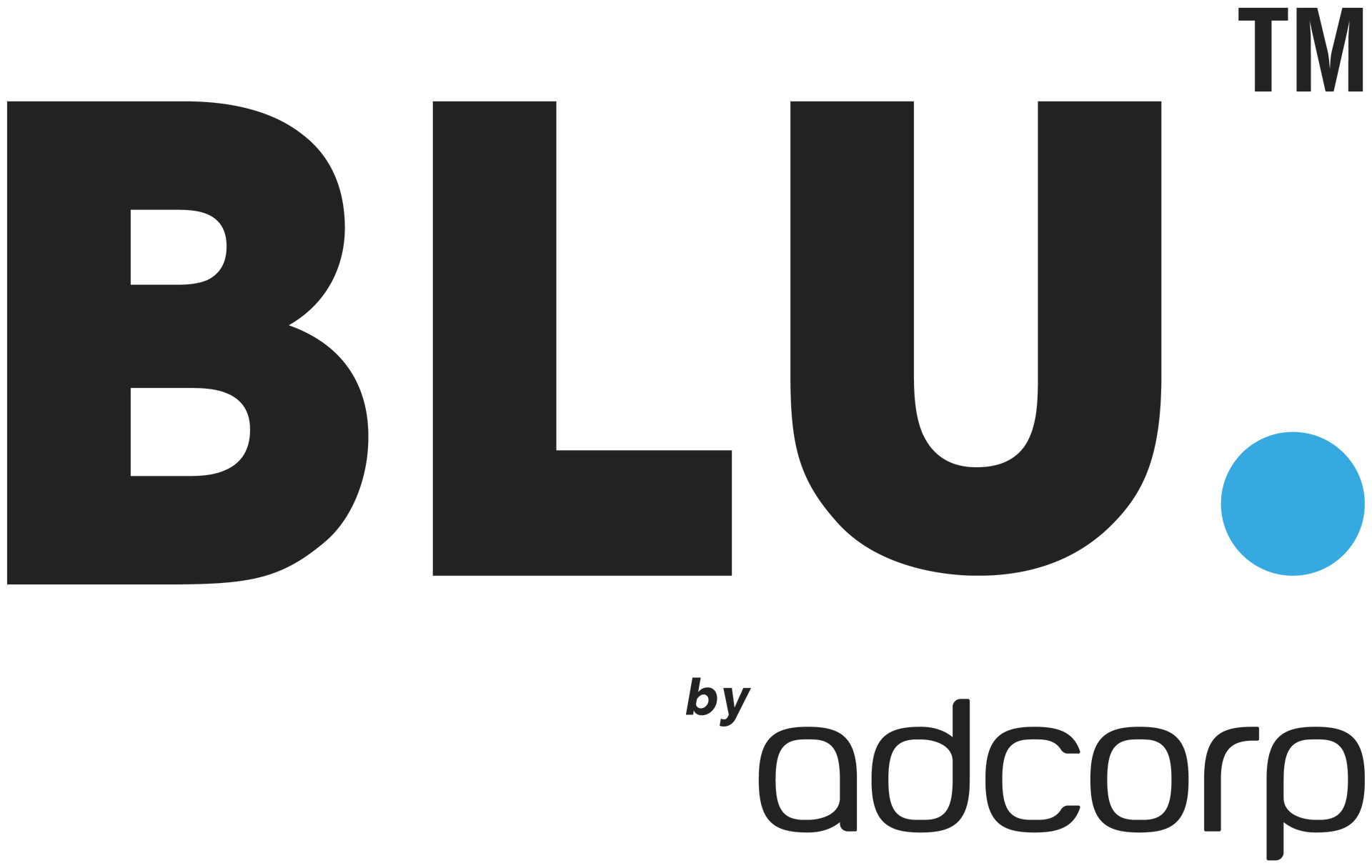Championing workplace mental health support
Mental health in the workplace is a global priority, with the World Health Organization (WHO) leading the charge. The workplace is critical for mental wellbeing, with nearly 60% of the world’s population working. Decent work — safe conditions, fair pay, job security, and respect — can provide purpose, community, and structure, contributing to positive mental health. However, poor environments marked by excessive workloads, job insecurity, discrimination, and lack of support can pose serious risks to mental health. As of 2019, an estimated 15% of working-age adults globally had a mental disorder.
The staggering human and economic toll of poor mental health in the workplace includes an estimated 12 billion lost working days yearly due to depression and anxiety, costing the global economy around US$1 trillion annually in lost productivity. But this is preventable. The WHO emphasises that employers and governments can take actions to reduce psychosocial risks, protect and promote mental health at work, and support individuals with mental health conditions. From flexible work arrangements to manager training and tailored return-to-work programs, these interventions can create safer, more inclusive, and more productive workplaces.
Recognising that mentally healthy workplaces are both a right and a strategic advantage. McKinsey states that workplace factors at individual, team, and job levels strongly influence holistic health, with team-level factors predicting 39% of differences in employee health.
Integrating mental health services into the workplace is a strategic imperative. When employees have easy access to support, they’re better at managing stress, maintaining focus, and engaging with their work. Proactive mental health services help employees address challenges before they escalate, whether through Employee Assistance Programs (EAPs), on-site counselling, or virtual therapy. This reduces absenteeism, presenteeism, and burnout, which drain productivity. When people feel supported, they’re more motivated, resilient, and equipped to contribute at their full potential.
A 2024 Boston Consulting Group (BCG) study found that 48% of employees are suffering from burnout, significantly impacting productivity. Here are the top four strategies that BCG recommends for HR teams and business leaders:
1. Ensure good resource access
Employers must move beyond generic support packages and take a tailored approach to providing resources that help employees succeed. This includes ensuring equitable access to development tools like mentorship programs, learning platforms, and internal career opportunities. It also means addressing logistical challenges — such as childcare, transport, or financial emergencies — through benefits like flexible work arrangements, local care partnerships, or employer-supported financial assistance. Leaders should engage with staff to identify missing or underutilised resources and adapt offerings based on feedback. A one-size-fits-all solution won’t work; resources must reflect the workforce’s different realities.
2. Build senior leadership support structures
To drive inclusion and reduce burnout, senior leaders must go beyond visibility and engage in meaningful support. This support includes mentoring emerging talent, sponsoring underrepresented employees, and consistently being allies. Employers should create programs pairing employees with senior advocates to navigate career growth, open networks, and advocate for advancement. Leadership must be trained to recognise their influence and be held accountable for creating inclusive pathways across all organisation levels. When employees feel supported by leadership, morale, engagement, and retention improve.
3. Create psychological safety with direct managers
Psychological safety starts with frontline managers—the people employees interact with daily. Employers should invest in leadership development programs that equip managers to foster open dialogue, empathy, and inclusive decision-making. Encourage regular one-on-ones where employees feel safe to raise concerns, disagree respectfully, or offer ideas without fear of repercussions. Managers should solicit feedback and demonstrate that differing perspectives are valued. Safe, respectful communication strengthens trust, supports innovation, and reduces emotional exhaustion, especially for employees from marginalised groups.
4. Guarantee fair and equal opportunity for success
Creating an inclusive workplace means ensuring every employee — regardless of background — believes they can succeed and grow. Employers should audit their promotion data, pay equity, and leadership demographics to identify and close opportunity gaps. They should introduce transparent advancement criteria, and spotlight diverse success stories to reinforce that progress is possible for everyone. Training programs should support fair decision-making, while accountability mechanisms ensure bias is addressed. When employees see that talent and hard work—not identity—determine success, they feel valued, motivated, and less likely to disengage or burn out.
Creating a culture of wellness
To maximise the impact of these strategies and occupational mental health services in the workplace, integration must go beyond offering resources — it should be embedded into workplace culture. Leaders play a key role in normalising mental health conversations, reducing stigma, and encouraging support uptake. Clear communication, confidentiality assurances, and visible leadership participation in wellbeing initiatives contribute to a psychologically safe environment. When mental health services are viewed as a core part of business operations instead of a bolt-on benefit, they become powerful tools for boosting employee wellbeing, retention, and overall organisational performance.
Remember, supporting workplace mental health isn’t just right — it’s a smart investment. Mentally healthy teams are more engaged, resilient, and productive, while poor mental health leads to absenteeism, turnover, and reduced performance. Businesses can take clear, evidence-based actions to create a more inclusive and supportive environment.












